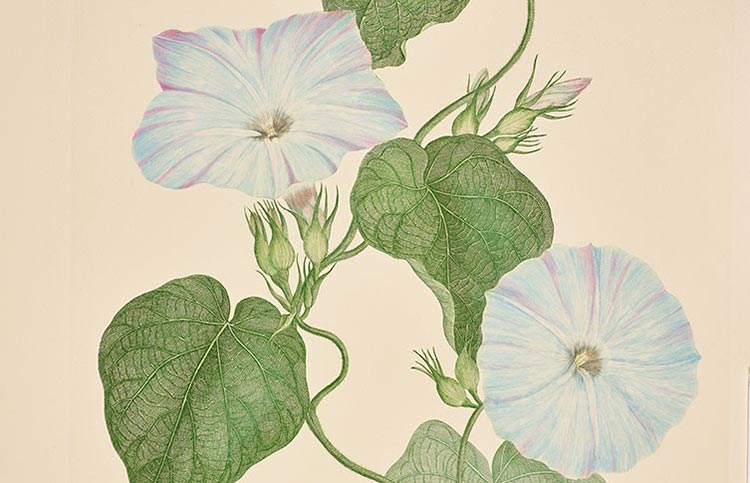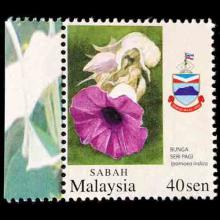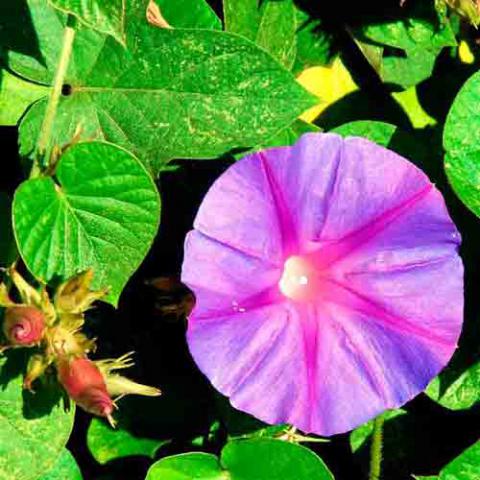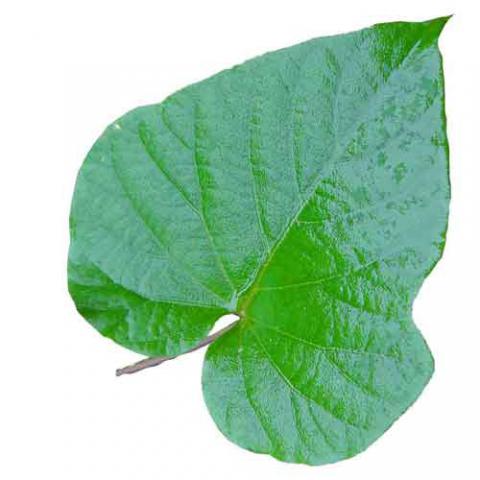NAME(S)
TAXONOMY
PLANTAE ID
THERAPEUTIC
Malaysia
Issued:
Stamp:
Ipomoea indica
Malaysia
Issued:
Stamp:
Ipomoea indica
Malaysia
Issued:
Stamp:
Ipomoea indica
Daniel Solander: a Linnaean disciple on HMS Endeavour
By Emily Osterloff

Swedish naturalist Daniel Solander published little in his lifetime. But through his botanic collections from his travels and a rigorous application of a revolutionary naming system, he laid important foundations in taxonomy for scientists today.
Born in Piteå, northern Sweden, naturalist Daniel Solander (1733-1782) is primarily remembered for his scientific contributions during James Cook's first voyage.
Solander was invited aboard the expedition by friend and fellow naturalist Joseph Banks. The pair spent their round-the-world travels aboard HMS Endeavour (also known as HM Bark Endeavour) collecting and classifying thousands of plant and animal specimens.
Revolutionising taxonomy
Daniel Solander's interest in the natural world was ignited when he enrolled at Sweden's Uppsala University in 1750. He initially studied law but abandoned the subject after becoming inspired by botany professor Carl Linnaeus, a scientist now referred to as the father of modern taxonomy.
Numerous discoveries of new plants and animals were being made at the time, increasing Western scientific knowledge. These finds were aided by Linnaeus's new binomial nomenclature, a system of scientific names composed of two grammatically Latin parts. This taxonomic practice is still in use today.
Solander learned and mastered Linnaeus's new naming system. Scientists elsewhere in the world were keen to apply it too, so in 1759 the professor sent his protégé to England as an emissary.
Although he initially intended to complete his doctorate at Uppsala, Solander never returned to Sweden. In 1762 he was appointed Assistant Librarian at the British Museum, cataloguing the natural history collections. These would become some of the founding collections of the Natural History Museum, over a century later. His work allowed him to further promote the Linnaean system.
Post-Endeavour, in 1773, Solander returned to the British Museum as Assistant Keeper. He continued to work with the collections until his death in 1782.
(click the link below to read the entire fascinating story)
Genus species (Plantae): Ipomoea indica
Ipomoea indica is a vigorous tender perennial vine native to tropical habitats throughout the world. It bears heart-shaped or 3-lobed leaves and rich purple funnel-shaped flowers 6–8 cm (2–3 in) in diameter, from spring to autumn. As it does not tolerate temperatures below 7 °C (45 °F), in temperate regions it is grown under glass.
The Latin specific epithet indica means from India, or the East Indies or China. In this case, the name likely refers to the West Indies, as I. indica is native to the New World.
This plant has gained the Royal Horticultural Society's Award of Garden Merit.
Invasive species
It has become a noxious weed and invasive species in Australia, New Zealand, South Africa, California and Portugal. It can grow as a separate plant if snapped during attempted removal process.
In New Zealand, it is classed as an unwanted organism under the Biosecurity Act 1993 and it is therefore illegal to sell, propagate and distribute the plant. It is listed on the National Pest Plant Accord.
Reference: Wikipedia



